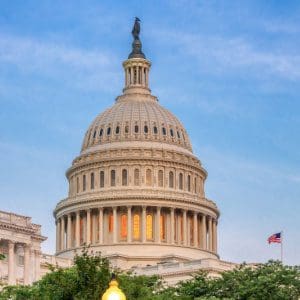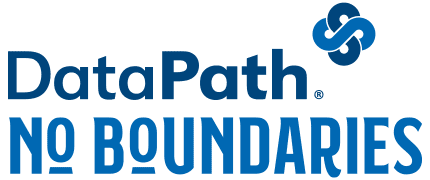
On December 29, 2022, President Biden signed the $1.7 trillion omnibus spending bill into law. The legislation, which included the Consolidated Appropriations Act of 2023 (CAA 2023) and the SECURE Act 2.0, features several provisions affecting employee benefits. A summary of some highlights follow.
HSAs and Telehealth
Telehealth use soared during the pandemic. SHRM reports that 43 percent of organizations expanded telehealth services during the period.
The 2020 CARES Act allowed HSA-qualified high-deductible health plans (HDHPs) to cover telehealth and other remote healthcare services on a pre-deductible basis through 2021 (extended thereafter through the end of 2022). HSA-eligible individuals could also receive pre-deductible coverage from a stand-alone vendor outside of the HDHP (Mercer). Pre-deductible coverage did not affect the individual’s eligibility to make HSA contributions.
CAA 2023 has extended this provision for another two years, through the end of 2024 for calendar-year plans. Employees with HSAs can participate in a telemedicine plan with no cost-sharing and remain HSA eligible for both the 2023 and 2024 plan years. It also delays in-person screening requirements for Medicare telehealth mental health services and allows providers to provide acute hospital-level care at home.
SECURE Act 2.0
The omnibus legislation also included the long-awaited SECURE 2.0 Act, which restructures most 401(k) plans to help Americans grow and preserve their retirement nest eggs. Major provisions include, among others:
- Mandatory auto-enrollment into company-sponsored retirement plans (employees may opt-out)
- Retirement plans can add a designated Roth account as an emergency savings account (ESA) starting in 2024 (maximum contributions are $2,500 annually and the first 4 withdrawals in a year are tax and penalty-free).
- Employers will be allowed to make matching contributions to a 401(k) plan, 403(b) plan, or SIMPLE IRA for qualified student loan payments
- Increased annual catch-up limits for 401(k), 403(b), governmental plans, and IRA account holders beginning with tax years after December 31, 2024 (to $10,000 annually for ages 60-64)
- Increased age at which required minimum distributions (RMDs) must begin (to 73 in 2023, 74 in 2029, and 75 in 2032)
- Decreased penalty for failure to take RMDs (down from 50% to 25% for most plans and to 10% for IRAs if corrected in a timely manner)
- Faster part-time employee participation in retirement savings plans (waiting period lowered from three years to two years)
IMPORTANT NOTE: The above is for informational purposes only and should not be construed as legal advice or as an all-inclusive summary. For more information and context on the Consolidated Appropriations Act 2023, including the above provisions and others, consult your qualified benefits counsel.
For 40 years, DataPath has been a pivotal force in the employee benefits, financial services, and insurance industries. The company’s flagship DataPath Summit platform offers an integrated solution for managing CDH, HSA, Well-Being, COBRA, and Billing. Through its partnership with Accelergent Growth Solutions, DataPath also offers expert BPO services, automation, outsourced customer service, and award-winning marketing services.

